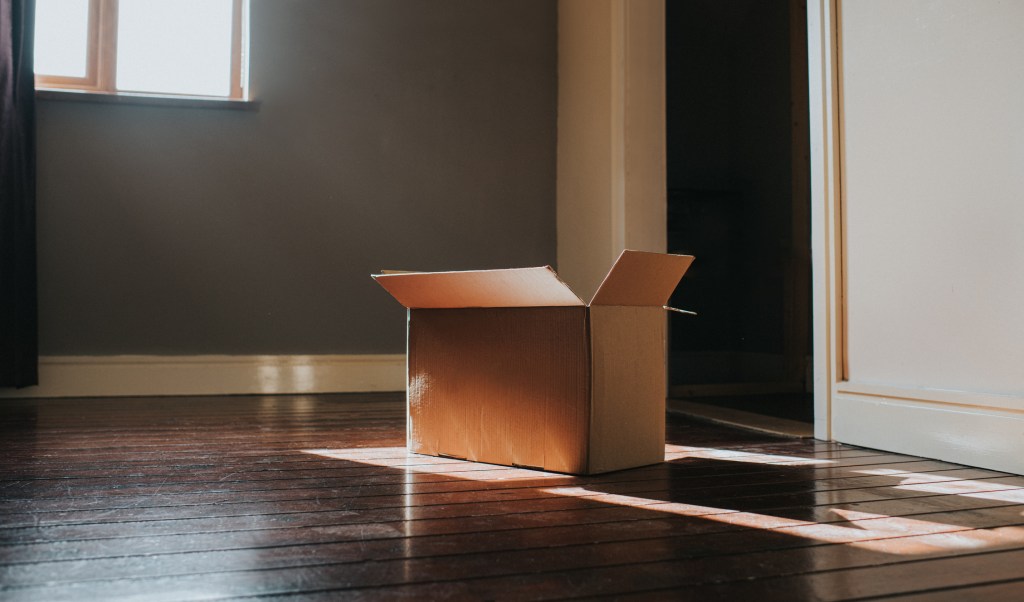Washington State lawmakers have voted to kill telecom-industry backed restrictions that limit the reach of community broadband. The Public Broadband Act (HB1336) passed the state Senate with a 27-22 vote on Sunday, after passing the House with a vote of 60-37 last February.
State Representative Drew Hansen applauded the bill’s passage on Twitter, stating it “reverses decades of bad policy” and opens the door to better, cheaper broadband.
“Washington was one of only 18 states that restricted local governments from serving the public by providing public broadband,” Hansen told Motherboard. “My bill eliminates that restriction.”
Videos by VICE
Frustrated by high prices, slow speeds, and spotty coverage, some 750 towns and cities have embraced some form of locally-owned and operated broadband networks. Studies have shown such networks consistently provide faster speeds at lower prices, while also forcing regional monopolies to upgrade their networks and lower their rates.
But more than a dozen states have passed state laws banning or restricting towns and cities from building their own broadband networks. Such laws aren’t just supported by entrenched telecom giants, they’re often ghost written by large ISPs to hamstring competition. Some ban community broadband outright, while others impose costly or cumbersome restrictions.
In Tennessee, regional utility EPB routinely ranks as one of the best and fastest broadband providers in the nation. But thanks to a state law backed by companies like AT&T and Comcast, the utility is restricted from expanding access to areas outside its utility footprint.
In Washington, a twenty-one year old law let some local governments build their own broadband networks, but prohibited local utilities from delivering broadband to customers directly. Hansen, who was also the primary sponsor of the state’s new net neutrality law, says his bill finally eliminates those unnecessary limits entirely.
“The Public Broadband Act broadly authorizes all local governments to provide broadband to anyone—people who are totally unserved, people who have some internet access but it’s not affordable or reliable — any people at all,” Hansen told Motherboard. “Under the Public Broadband Act, Washington governments have completely unrestricted authority to provide broadband to the public.”
An estimated 42 million Americans lack access to broadband, while another 83 million are currently trapped under a broadband monopoly, usually Comcast. This lack of competition, especially at faster speeds, not only results in high prices and spotty coverage, but routinely some of the worst customer service of any industry in America.
While community broadband isn’t a silver bullet for America’s longstanding broadband issues, advocates say such networks play a vital role in driving more competition to market, while challenging apathetic regional monopolies to try a little harder.
The recently unveiled Biden broadband plan hopes to leverage community broadband to expand affordable access during the Covid era. In contrast, House Republicans recently passed a proposal that would largely ban community broadband networks entirely.
Christopher Mitchell, director of community broadband networks for the Institute for Local Self-Reliance, told Motherboard that if Washington Governor Jay Inslee signs HB1336, Washington will be the second state this year to back away from state-level restrictions on community broadband, after Arkansas rolled back many of its restrictions last February.
The passage of HB1336 would leave 17 states with laws restricting such efforts, though Mitchell noted that with Covid-19 highlighting the essential nature of broadband, pressure is only mounting on lawmakers to chart a new path.
“Covid-19 did a ton of damage to the credibility of cable and telco lobbyists,” Mitchell said. “Elected leaders are tired of their empty promises and are ready to try more structural solutions.”




